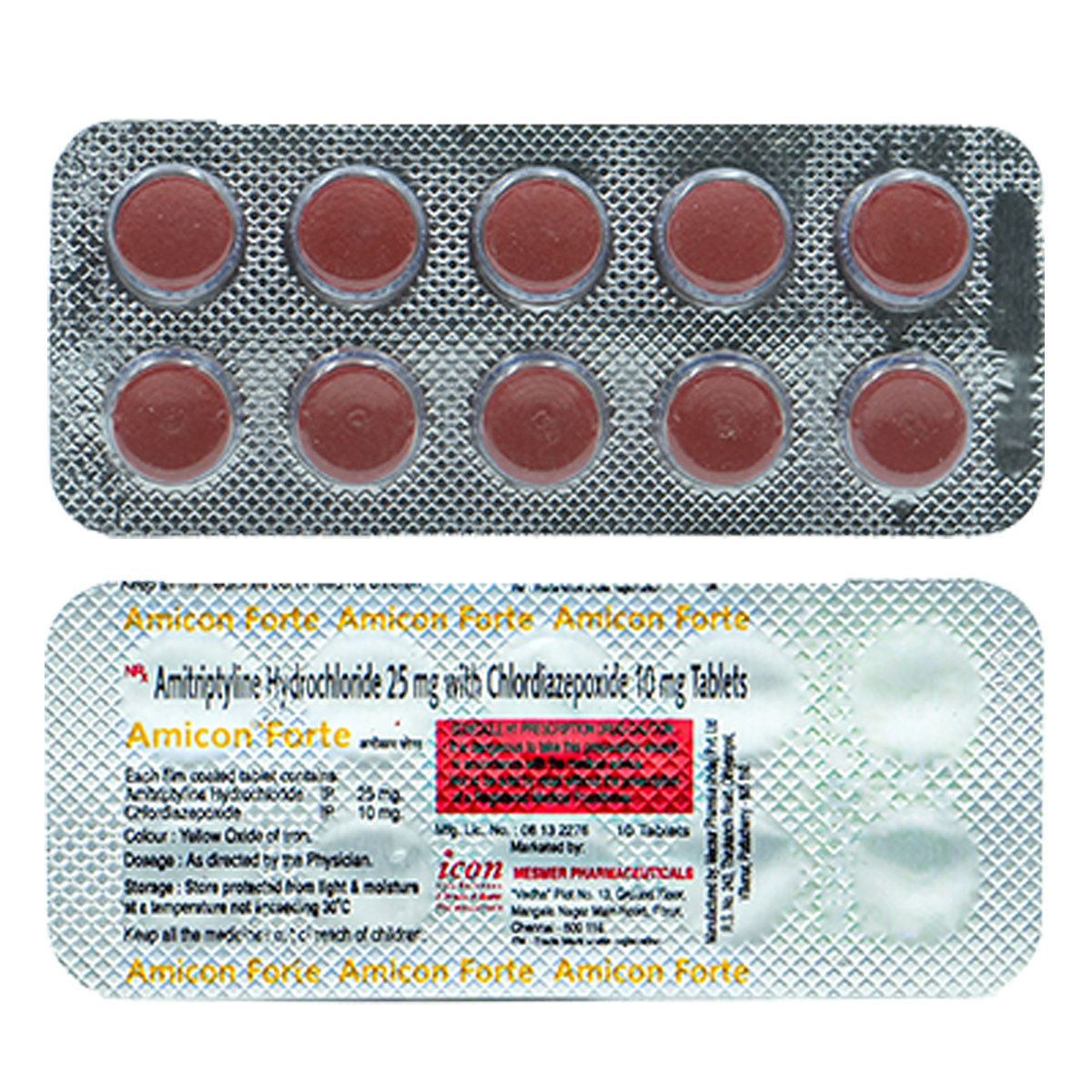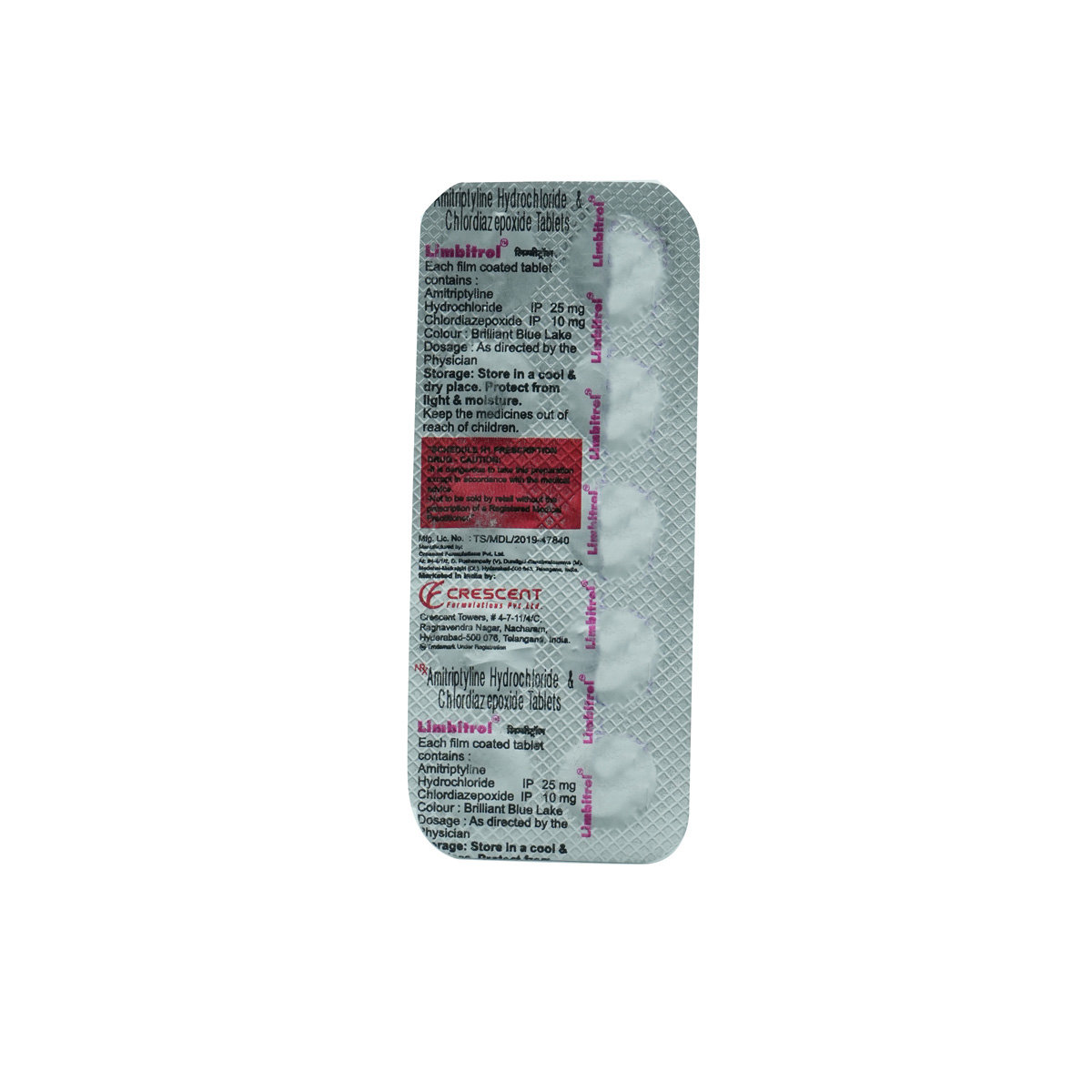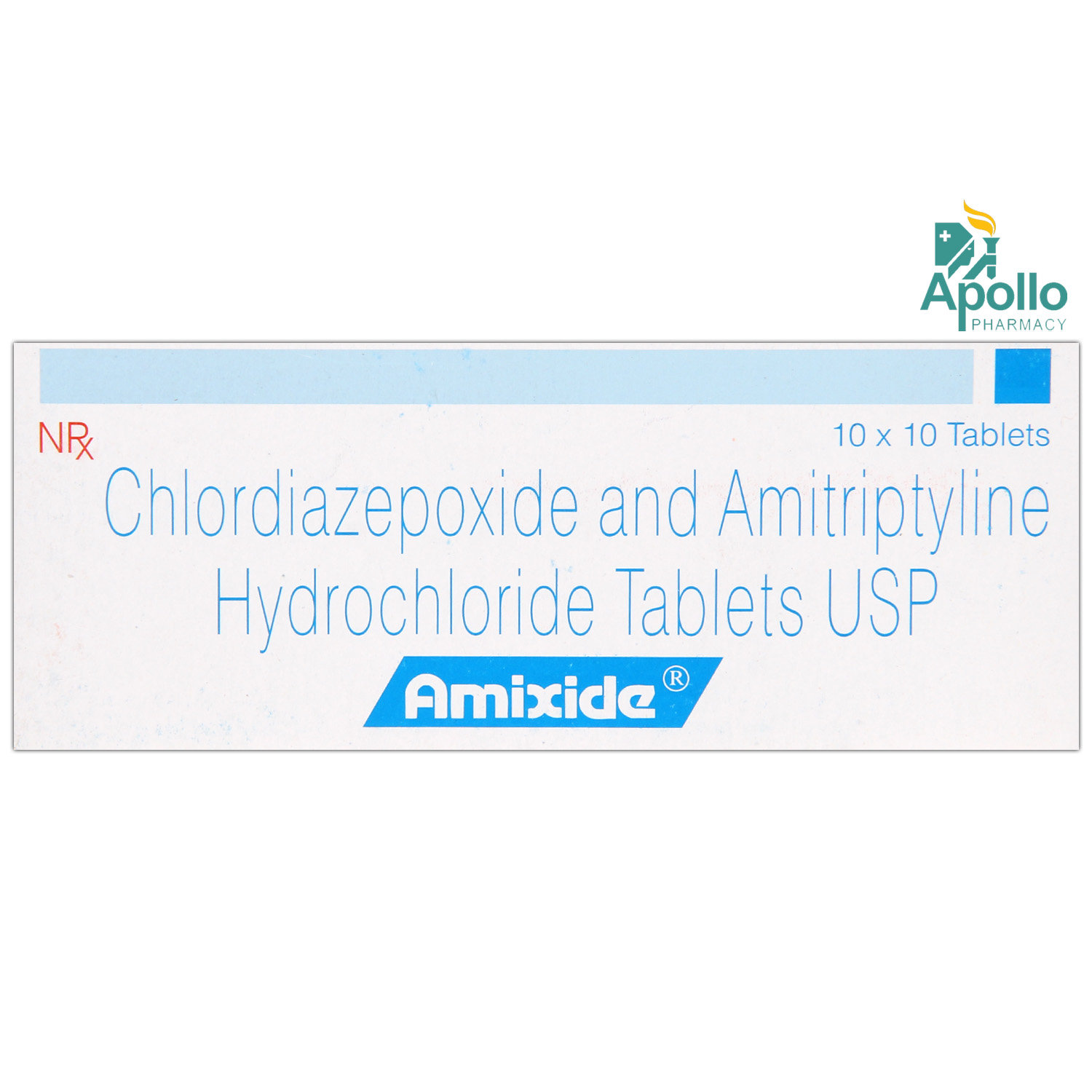Libotryp DS Tablet
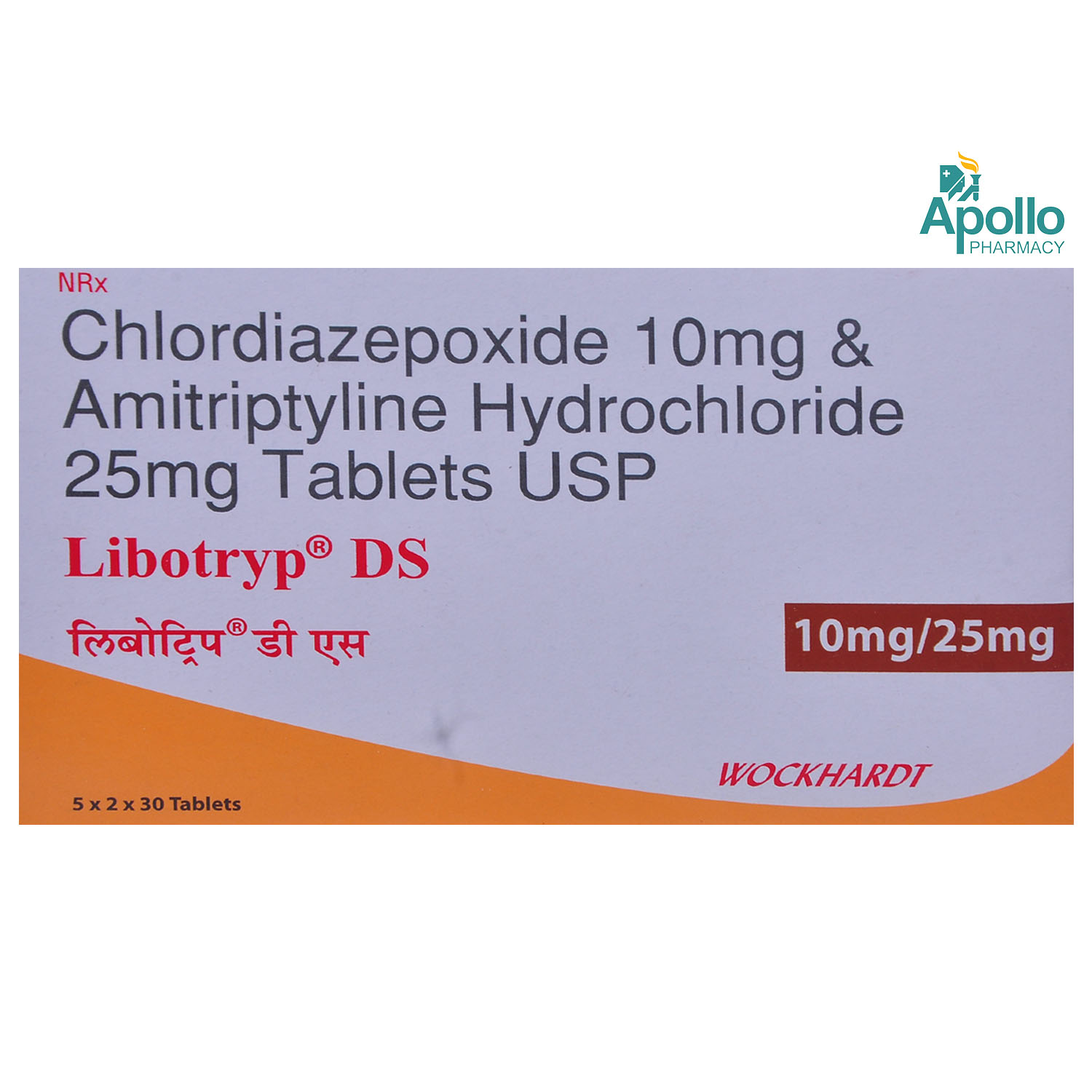
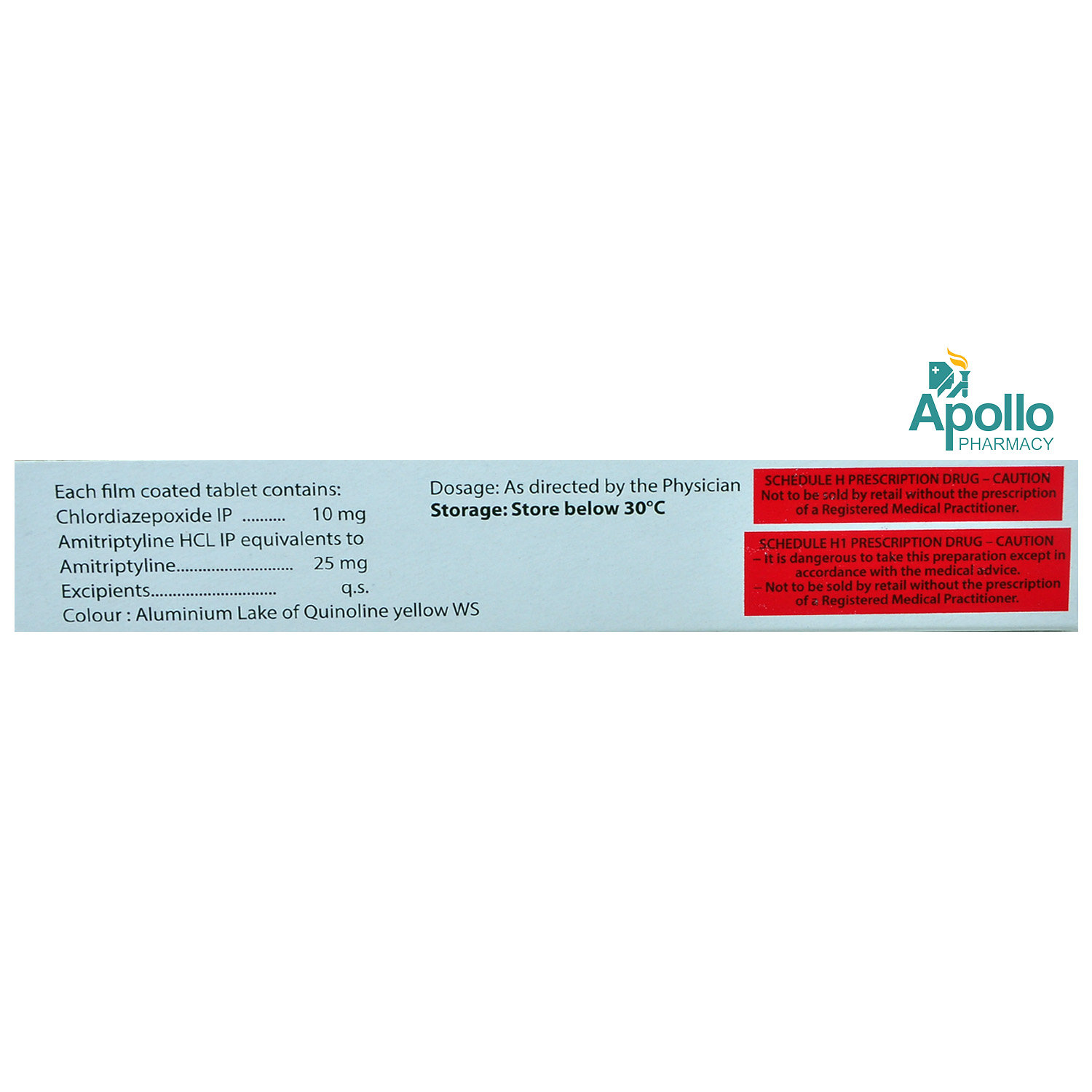
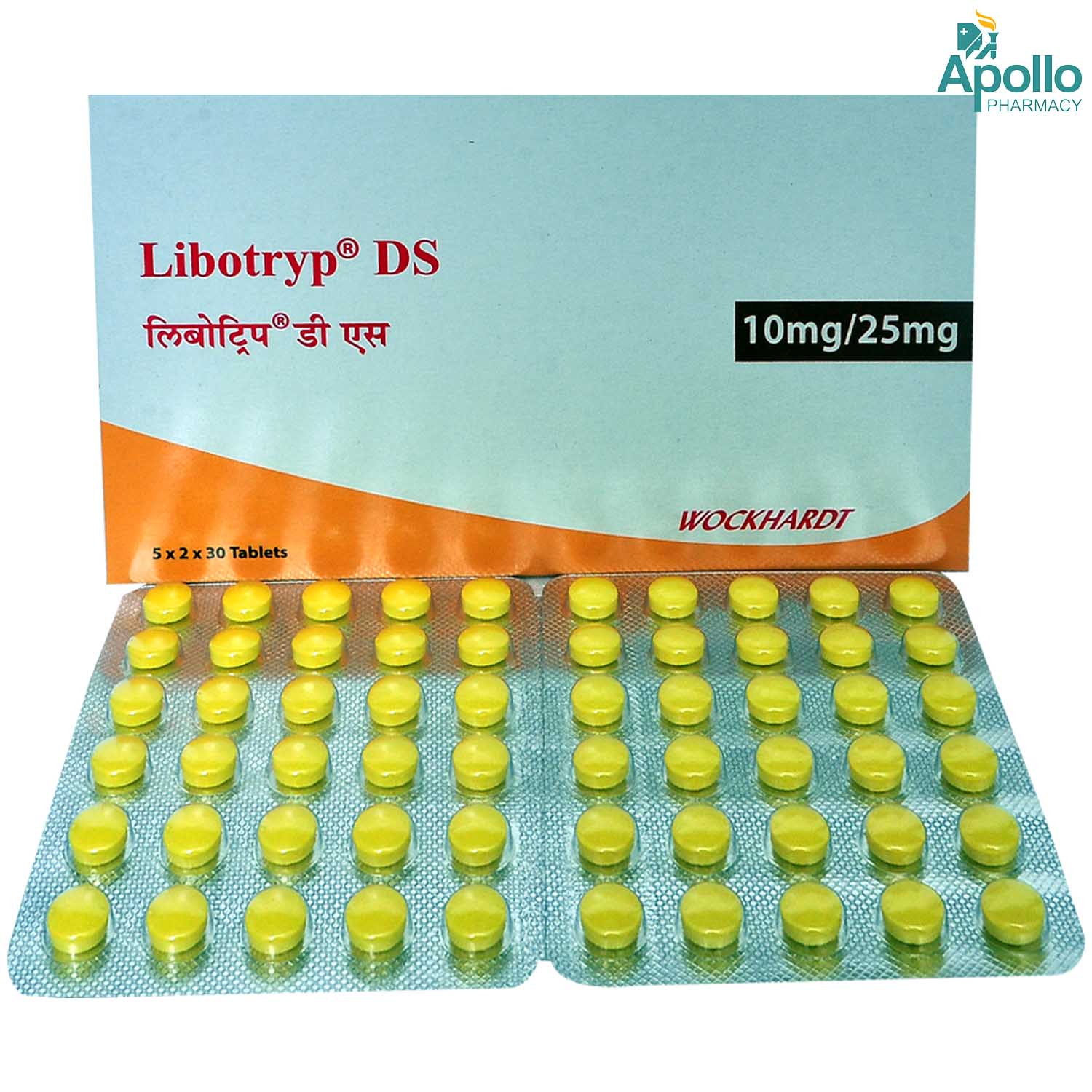
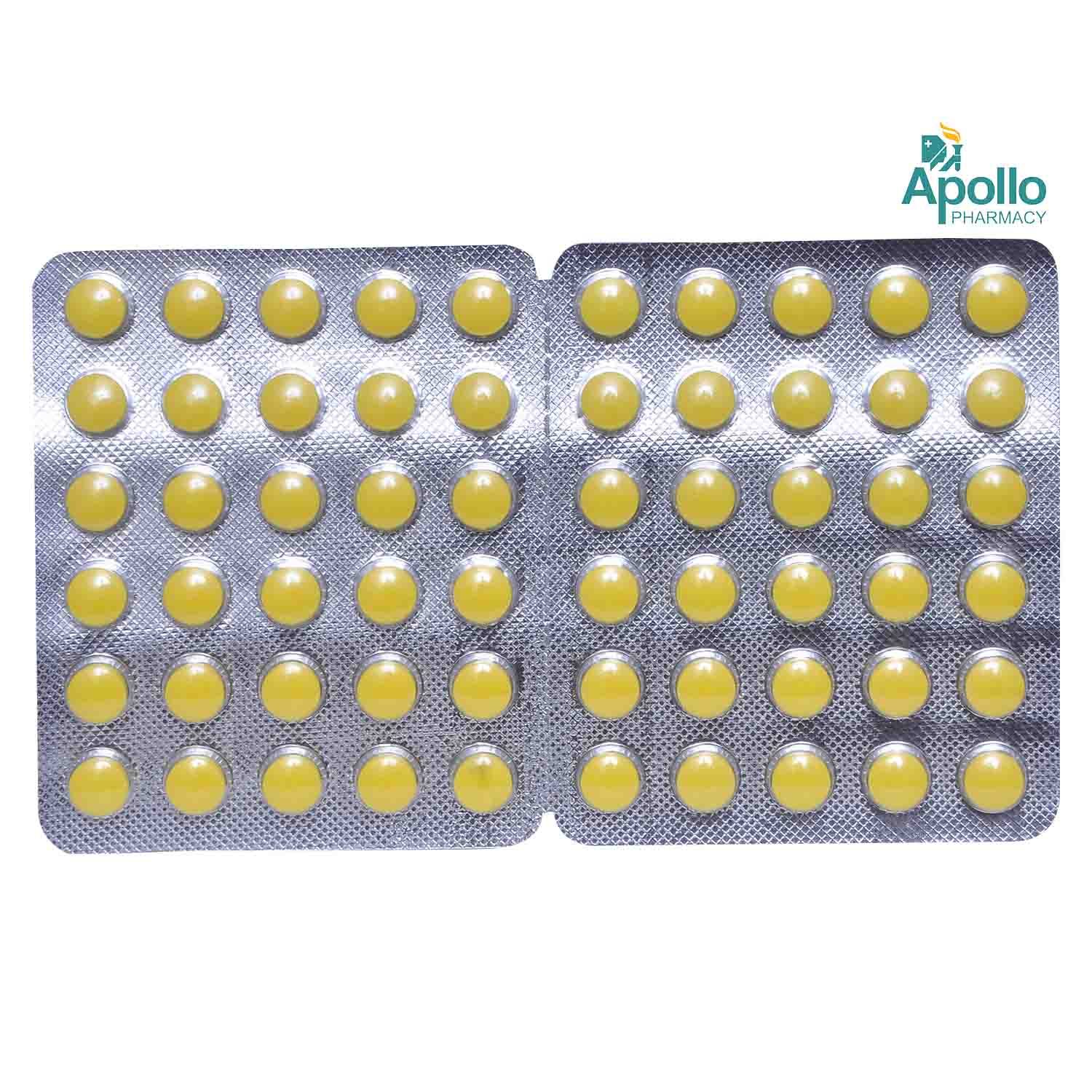
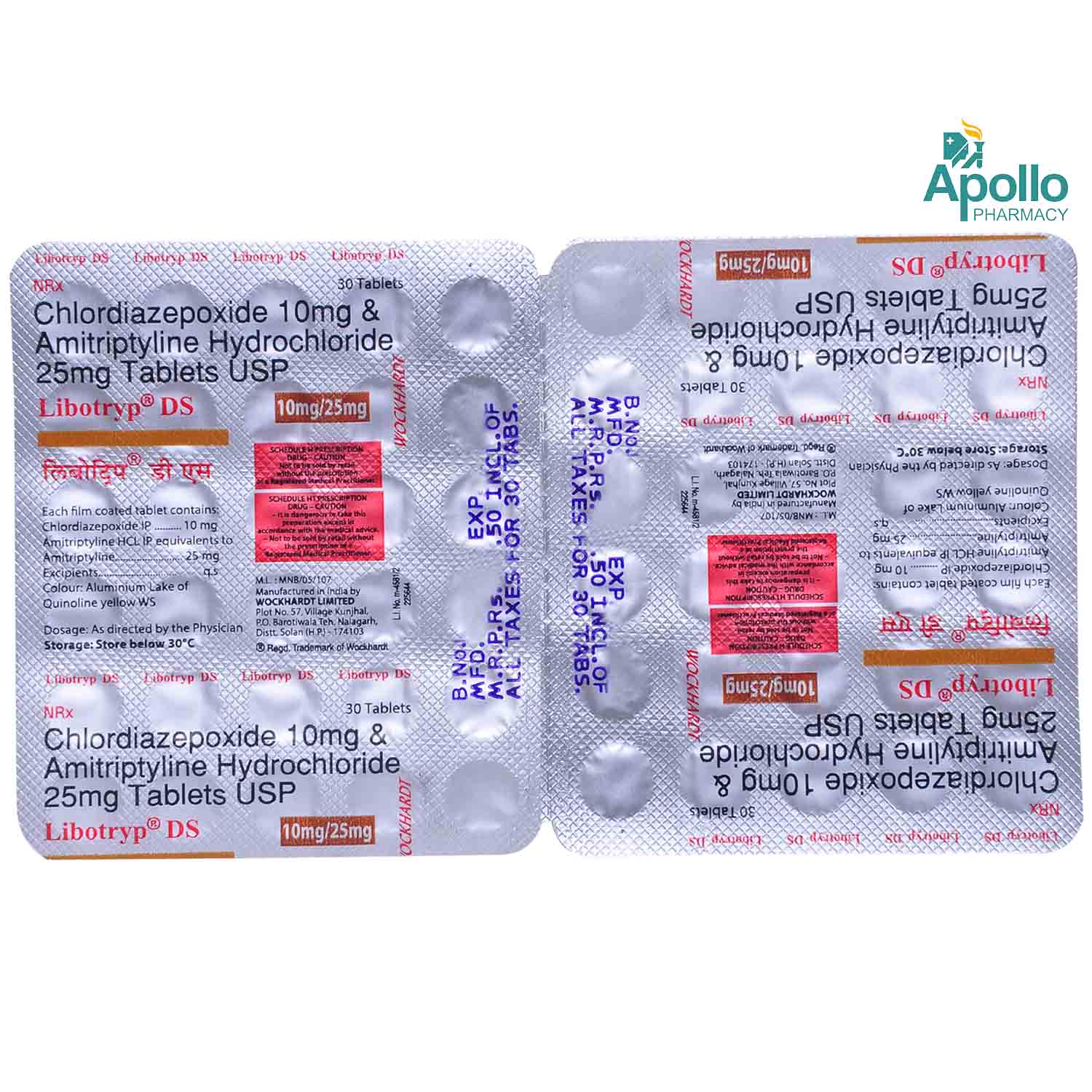
MRP ₹234.5
(Inclusive of all Taxes)
₹35.2 Cashback (15%)
know your delivery time
Provide Delivery Location
Composition :
Manufacturer/Marketer :
Consume Type :
Expires on or after :
Return Policy :

Secure Payment

Trusted by 8 Crore Indians

Genuine Products
Therapeutic Class
Country of origin
Manufacturer/Marketer address
Author Details
We provide you with authentic, trustworthy and relevant information
Disclaimer
Alcohol
Safe if prescribed
Avoid consumption of alcohol while taking Libotryp DS Tablet as it may cause increased sleepiness and dizziness.
Pregnancy
Consult your doctor
Avoid taking Libotryp DS Tablet if you are pregnant unless prescribed by a doctor as it may cause birth defects.
Breast Feeding
Consult your doctor
Consult your doctor before taking Libotryp DS Tablet ; your doctor will decide whether Libotryp DS Tablet can be taken by breastfeeding mothers or not.
Driving
Safe if prescribed
Libotryp DS Tablet may cause sleepiness, dizziness and might impair thinking and motor skills. Do not drive or operate machinery if you experience these symptoms.
Liver
Consult your doctor
Dose adjustment may be needed in patients with liver impairment. Please consult your doctor if you have a liver impairment or any concerns regarding this.
Kidney
Consult your doctor
Dose adjustment may be needed in patients with kidney impairment. Please consult your doctor if you have kidney impairment or any concerns regarding this.
Children
Safe if prescribed
Libotryp DS Tablet should not be given to children as safety and effectiveness have not been established.
Product Substitutes
About Libotryp DS Tablet
Libotryp DS Tablet is a combination medicine used to treat moderate to severe depression associated with moderate to severe anxiety. Depression is a mood disorder characterised by sadness, unhappiness, anger, hopelessness or loss. Anxiety is a mental health disorder characterised by feelings of anxiety, worry or fear that are strong enough to interfere with one’s daily activities. Anxiety and depression can occur at the same time.
Libotryp DS Tablet is a combination of two drugs: Amitriptyline (tricyclic anti-depressant) and Chlordiazepoxide (benzodiazepine anxiolytic). Amitriptyline works by affecting certain chemical messengers in the brain that communicate between brain cells, thereby regulating mood and treating depression. Chlordiazepoxide works by increasing the action of a chemical messenger called GABA. This helps suppress the excessive and abnormal activity of the nerve cells in the brain.
You are advised to take Libotryp DS Tablet only for as long as your doctor has prescribed it for you, depending on your medical condition. In some cases, you may experience certain common side-effects such as dizziness, drowsiness, dry mouth, constipation, blurred vision and bloating. Most of these side-effects do not require medical attention and will resolve gradually over time. However, you are advised to talk to your doctor if you experience these side-effects persistently.
Consult your doctor immediately if you have suicidal thoughts, such as killing or harming yourself. Do not take Libotryp DS Tablet if you are pregnant as it may cause birth defects. Consult your doctor before taking Libotryp DS Tablet if you are breastfeeding. Avoid driving or operating machinery as Libotryp DS Tablet causes sleepiness, dizziness and might impair thinking and motor skills. Avoid consuming alcohol along with Libotryp DS Tablet as it could lead to increased drowsiness and dizziness. Keep your doctor informed about your health condition and medicines to rule out any side-effects.
Uses of Libotryp DS Tablet
Medicinal Benefits Mweb
Key Benefits
Libotryp DS Tablet is a combination of two drugs: Amitriptyline and Chlordiazepoxide. Libotryp DS Tablet is used to treat moderate to severe depression and anxiety. Amitriptyline is a tricyclic anti-depressant that affects certain chemical messengers (serotonin and/or norepinephrine) in the brain, which communicate between brain cells, thereby regulating mood treats depression. Chlordiazepoxide is a benzodiazepine anxiolytic that works by increasing the action of a chemical messenger called GABA. This helps suppress the excessive and abnormal activity of the nerve cells in the brain. Libotryp DS Tablet has a calming effect on various functions of the brain. Thereby, Libotryp DS Tablet helps in treating anxiety and depression.
Directions for Use
Side Effects of Libotryp DS Tablet
- Drowsiness
- Dry mouth
- Nasal congestion
- Constipation
- Blurred vision
- Dizziness
- Bloating
Drug Warnings
Do not take Libotryp DS Tablet if you are allergic to any of its contents, if you recently had a heart attack or heart problems, are taking monoamine oxidase inhibitors (MAOI). Do not take opioids with Libotryp DS Tablet as it may result in increased sedation, depression, coma and death. Libotryp DS Tablet should not be taken for longer durations as it may cause physical dependence. Inform your doctor before taking Libotryp DS Tablet if you have bipolar disorder, eye problems, urination problems, seizures, thyroid problems, kidney or liver problems or if you are due to have any surgery. Consult your doctor immediately if you have suicidal thoughts, such as killing or harming yourself. Talk to your doctor before taking Libotryp DS Tablet if you have a history of drug abuse, addiction or alcohol abuse as Libotryp DS Tablet may cause dependence. Do not take Libotryp DS Tablet if you are pregnant, as it may cause birth defects. Consult your doctor before taking Libotryp DS Tablet if you are breastfeeding. Avoid driving or operating machinery as Libotryp DS Tablet causes sleepiness, dizziness and might impair thinking and motor skills. Avoid consuming alcohol along with Libotryp DS Tablet as it could lead to increased drowsiness and dizziness. Libotryp DS Tablet should not be given to children as safety and effectiveness have not been established.
Drug-Drug Interactions
Drug-Drug Interactions
Login/Sign Up
Combining Libotryp DS Tablet and Bepridil may increase the risk of irregular heartbeat.
How to manage the interaction:
Although combining Libotryp DS Tablet with Bepridil may result in an interaction, it can be used if a doctor recommends it. If you have sudden dizziness, lightheadedness, fainting, or fast or rapid heartbeats during therapy, get emergency medical help. Do not discontinue any medication without consulting a doctor.
The combination of Libotryp DS Tablet and Potassium chloride may cause stomach and upper intestinal discomfort. (Only applicable to an oral preparation)
How to manage the interaction:
Although co-administration of Libotryp DS Tablet and Potassium chloride is not recommended as it can possibly lead to an interaction, they can be taken if prescribed by a doctor. If you experience severe stomach pain, bloating, sudden dizziness or lightheadedness, nausea, vomiting (in particular with blood), decreased hunger, and black stools while taking these medications, consult a doctor immediately. Do not discontinue any medications without talking to a doctor.
Combining Libotryp DS Tablet and Grepafloxacin may increase the risk of irregular heartbeat.
How to manage the interaction:
Although combining Libotryp DS Tablet with Grepafloxacin may result in an interaction, it can be used if a doctor recommends it. If you have sudden dizziness, lightheadedness, fainting, or fast or rapid heartbeats during therapy, get emergency medical help. Do not discontinue any medication without consulting a doctor. Note: Grepafloxacin is no longer available in the market. Grepafloxacin should not be combined with any other medications.
Combining Libotryp DS Tablet and Dronedarone may increase the risk of irregular heartbeat.
How to manage the interaction:
Although combining Libotryp DS Tablet with Dronedarone may result in an interaction, it can be used if a doctor recommends it. If you have any heart problems or electrolyte imbalances, you may be susceptible. If you have sudden dizziness, lightheadedness, fainting, or fast or rapid heartbeats during therapy, get emergency medical help. Do not discontinue any medication without consulting a doctor.
Taking Libotryp DS Tablet and Ziprasidone may increase the risk of irregular heartbeat.
How to manage the interaction:
Although there is a interaction between Libotryp DS Tablet with Ziprasidone, but it can be taken together if prescribed by your doctor. However, consult your doctor immediately if you experience sudden dizziness, lightheadedness, fainting, or fast or rapid heartbeats . Do not discontinue any medication without consulting a doctor.
Libotryp DS Tablet and Thioridazine can enhance each other's effects when used together.
How to manage the interaction:
Although using Libotryp DS Tablet and Thioridazine together can cause an interaction, they can be used if prescribed by a doctor. If you have extreme sleepiness, confusion, anxiety, vomiting, vision problems, feeling hot or cold, sweating, muscle stiffness, fainting, fits, or coma, seek medical help. Do not discontinue any medications without consulting a doctor.
Combining Libotryp DS Tablet and Sparfloxacin may increase the risk of irregular heartbeat.
How to manage the interaction:
Although combining Libotryp DS Tablet with Sparfloxacin may result in an interaction, it can be used if a doctor recommends it. If you have any heart problems or electrolyte imbalances, you may be susceptible. If you have sudden dizziness, lightheadedness, fainting, or fast or rapid heartbeats during therapy, get emergency medical help. Do not discontinue any medication without consulting a doctor. Note: Sparfloxacin is no longer available in the market. Grepafloxacin should not be combined with any other medications.
Combining Furazolidone with Libotryp DS Tablet can increase the risk of serotonin syndrome(increased serotonin hormone).
How to manage the interaction:
Although using Furazolidone and Libotryp DS Tablet together may cause an interaction, they can be taken if prescribed by a doctor. Consult a doctor if you have symptoms such as confusion, hallucination, fits, blood pressure alteration, increased heart rate, fever, excessive sweating, shivering or shaking, blurred vision, pain in the muscles or stiffness, incoordination, stomach cramps, nausea, vomiting, and diarrhea. Inform a doctor if you have recently taken Libotryp DS Tablet. Do not discontinue any medications without consulting a doctor.
Taking Linezolid with Libotryp DS Tablet can increase the risk of serotonin syndrome (increased serotonin hormone).
How to manage the interaction:
Although using Linezolid and Libotryp DS Tablet together may cause an interaction, they can be taken if prescribed by a doctor. Consult a doctor if you have symptoms such as confusion, hallucination, fits, blood pressure alteration, increased heart rate, fever, excessive sweating, shivering or shaking, blurred vision, pain in the muscles or stiffness, incoordination, stomach cramps, nausea, vomiting, and diarrhea. Inform a doctor if you have recently taken Libotryp DS Tablet. Do not discontinue any medications without consulting a doctor.
Combining Libotryp DS Tablet and Pimozide may increase the risk of irregular heartbeat.
How to manage the interaction:
Although combining Libotryp DS Tablet with Pimozide may result in an interaction, it can be used if a doctor recommends it. If you have any heart problems or electrolyte imbalances, you may be susceptible. If you have sudden dizziness, lightheadedness, fainting, or fast or rapid heartbeats during therapy, get emergency medical help. Do not discontinue any medication without consulting a doctor.
Drug-Food Interactions
Drug-Food Interactions
Login/Sign Up
Drug-Diseases Interactions
Drug-Diseases Interactions
Login/Sign Up
Drug-Drug Interactions Checker List
- DULOXETINE
- VENLAFAXINE
- GABAPENTIN
- PREGABALIN
- TOPIRAMATE
- LEVOTHYROXINE SODIUM
- ALPRAZOLAM
- LORAZEPAM
- FLUTICASONE+SALMETEROL
- FUROSEMIDE
- MORPHINE
Habit Forming
Special Advise
- Do not stop taking Libotryp DS Tablet on your own; sudden stopping of Libotryp DS Tablet may cause withdrawal symptoms. Consult your doctor if you have any concerns, the doctor may reduce the dose gradually.
- Consult your doctor immediately if you develop any suicidal thoughts.
- Women of childbearing age should use effective contraception while taking Libotryp DS Tablet .
Diet & Lifestyle Advise
- Maintain a healthy diet and exercise regularly as it helps in improving overall health and boosts self-esteem.
- Regularly attend therapy sessions.
- Perform meditation and yoga. This helps in relieving stress and provides relaxation.
- Follow a regular sleep pattern to improve the amount and quality of sleep you get.
- Include foods rich in omega-fatty acids such as fish, nuts, fresh fruits, vegetables and olive oils.
- Neurotransmitters are made up of amino acids. Amino acid-rich foods such as meat, dairy products and certain fruits and vegetables help in the proper maintenance of neurotransmitters.
- Complex carbohydrates help in stimulating serotonin (a feel-good neurotransmitter). These include whole grains, legumes, spinach, broccoli, oranges and pears.
- Exercising helps in the production of the body’s natural anti-depressants. It also helps in relieving stress, improving mood, boosting self-esteem and providing restful sleep.
- Avoid smoking and alcohol consumption.
- Learn about your condition, understand the risk factors and follow the doctor’s treatment plan.
All Substitutes & Brand Comparisons
RX
Not for online saleAmicalm-25/10 Tablet 10's
Innovative Pharmaceuticals Pvt Ltd
₹24
(₹2.16 per unit)
69% CHEAPERRX
Out of StockNot for online saleAMICHLOR DS TABLET
Mano Pharma
₹27.75
(₹2.5 per unit)
64% CHEAPERRX
Out of StockNot for online saleAmico Tablet 10's
Recoupe Pharma
₹35
(₹3.15 per unit)
55% CHEAPER

Have a query?
Buy best C.n.s Drugs products by
Intas Pharmaceuticals Ltd
Sun Pharmaceutical Industries Ltd
Torrent Pharmaceuticals Ltd
Alkem Laboratories Ltd
Abbott India Ltd
Cipla Ltd
Alteus Biogenics Pvt Ltd
Micro Labs Ltd
Lupin Ltd
Ipca Laboratories Ltd
D D Pharmaceuticals Pvt Ltd
Icon Life Sciences
Mankind Pharma Pvt Ltd
Tripada Healthcare Pvt Ltd
Arinna Lifesciences Ltd
Linux Laboratories Pvt Ltd
East West Pharma India Pvt Ltd
La Renon Healthcare Pvt Ltd
Talent India Pvt Ltd
Tas Med India Pvt Ltd
Zydus Healthcare Ltd
Cnx Health Care Pvt Ltd
Eris Life Sciences Ltd
Leeford Healthcare Ltd
Emcure Pharmaceuticals Ltd
Macleods Pharmaceuticals Ltd
Sigmund Promedica
Aristo Pharmaceuticals Pvt Ltd
Dr Reddy's Laboratories Ltd
Troikaa Pharmaceuticals Ltd
Consern Pharma Ltd
Zydus Cadila
Shine Pharmaceuticals Ltd
Wockhardt Ltd
Ardent Life Sciences Pvt Ltd
Crescent Formulations Pvt Ltd
Theo Pharma Pvt Ltd
Reliance Formulation Pvt Ltd
Ikon Pharmaceuticals Pvt Ltd
Propel Healthcare
Neon Laboratories Ltd
Jagsam Pharma
Msn Laboratories Pvt Ltd
Morepen Laboratories Ltd
Pulse Pharmaceuticals
Sanofi India Ltd
Med Manor Organics Pvt Ltd
Hetero Healthcare Pvt Ltd
Novartis India Ltd
Crescent Therapeutics Ltd
Elder Pharmaceuticals Ltd
Solvate Laboratories Pvt Ltd
Akumentis Healthcare Ltd
Mova Pharmaceutical Pvt Ltd
Psyco Remedies Ltd
Tripada Lifecare Pvt Ltd
Ajanta Pharma Ltd
Cyrus Remedies Pvt Ltd
Medishri Healthcare Pvt Ltd
Cadila Healthcare Ltd
Glenmark Pharmaceuticals Ltd
Matteo Health Care Pvt Ltd
Hbc Life Sciences Pvt Ltd
Lyf Healthcare
Matias Healthcare Pvt Ltd
Mesmer Pharmaceuticals
Alembic Pharmaceuticals Ltd
Capital Pharma
Crescent Pharmaceuticals
Medopharm Pvt Ltd
Alniche Life Sciences Pvt Ltd
Kivi Labs Ltd
Talin Remedies Pvt Ltd
USV Pvt Ltd
Quince Lifesciences Pvt Ltd
Solis Pharmaceuticals
Infivis Life Care
Zuventus Healthcare Ltd
Cadila Pharmaceuticals Ltd
Pfizer Ltd
Wallace Pharmaceuticals Pvt Ltd
A N Pharmacia Laboratories Pvt Ltd
Blue Cross Laboratories Pvt Ltd
Jenburkt Pharmaceuticals Ltd
Lia Life Sciences Pvt Ltd
Mano Pharma
Medley Pharmaceuticals Ltd
Primus Remedies Pvt Ltd
FDC Ltd
Maneesh Pharmaceuticals Ltd
Apex Laboratories Pvt Ltd
Gagnant Healthcare Pvt Ltd
Ozone Pharmaceuticals Ltd
RPG Life Sciences Ltd
Strides Shasun Ltd
Unichem International
GlaxoSmithKline Pharmaceuticals Ltd
Kuresys Labs Pvt Ltd
LA Pharma
Trion Pharma India Llp

_0.jpg?tr=q-85)



